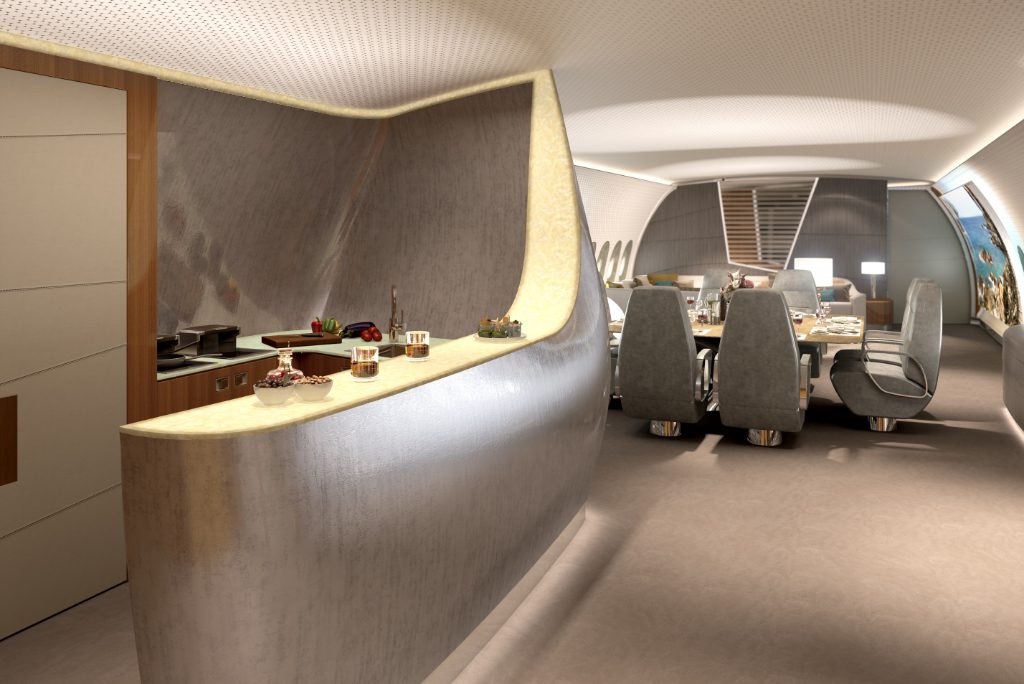Airline Tech Startups Try to Adapt to Brutal Sales Market

Skift Take
We checked in with about a half dozen airline tech startups. Generally speaking, they're blending realism with optimism.
Business prospects darkened this year for several venture-backed startups focused on providing technology to airlines to run their operations and strategy better.
Skift checked in with a random sampling of startups — Countalytics, Duffel, Elenium, Flyr, LocusLabs, Unicoaero, and Volantio — to take the segment's pulse as airlines undergo an epic revenue crunch.
Some startups have diversified their customer base outside of aviation. Some have used luckily timed funding rounds to fine-tune their products. Other companies have tried to stay relevant by either inventing new products or reviving old ones.
"While many people think that this isn’t the ideal time to create a travel startup, the opposite is true," said Bonny Simi, president of JetBlue Technology Ventures, the investment and innovation arm of U.S. carrier JetBlue. "There are plenty of opportunities to be had with early-stage funding while founders determine product-market fit."
"Travel startups have to be creative about working with airlines right now," Simi said. "One way to do this is by demonstrating value through proof of concepts. My advice to founders is that they should be mindful of the associated cost due to spend sensitivity across the industry and consider proving their near-term value through low or no-cost trials."
Join Us For Our Skift Aviation Forum Online Conference November 19
Seek Allies Countalytics has had a good and bad year. On the positive side, Google for Startups picked it this month as a Black Founders Fund recipient. A cash infusion and a related mentorship and networking program have helped the Atlanta-based startup, which uses computer vision and machine learning to help clients save money in inventory costs. The rest of 2020 has been challenging, though. "When the pandemic began, we were starting a pilot with Delta and Gate Gourmet," said David Hailey, co-founder and CEO. "We were also talking with Lufthansa about a pilot in Frankfurt. As soon as March hit, all that went out the door." Countalytics, founded in 2018, uses cameras to take pictures of an airline's inventory, such as its in-flight catering items, and it uses software to count what's in the images. Before and after photos of a flight can track what's changed in, say, the number of airline meals, faster and more accurately than people can manually. The company hasn't given up hopes on the airline sector. "Our messaging to airlines is t
